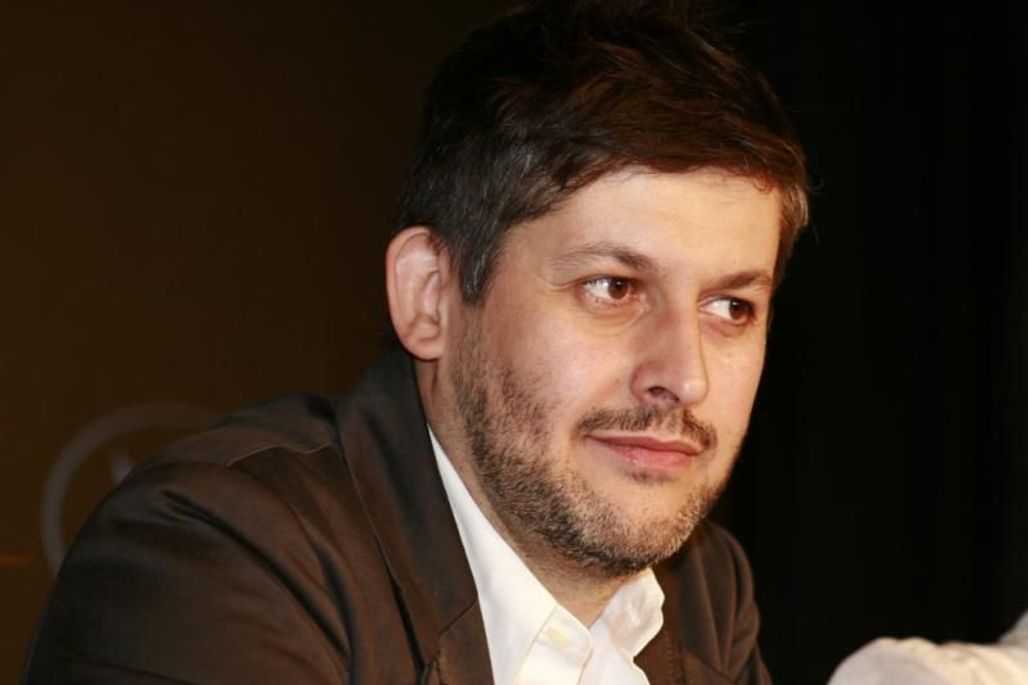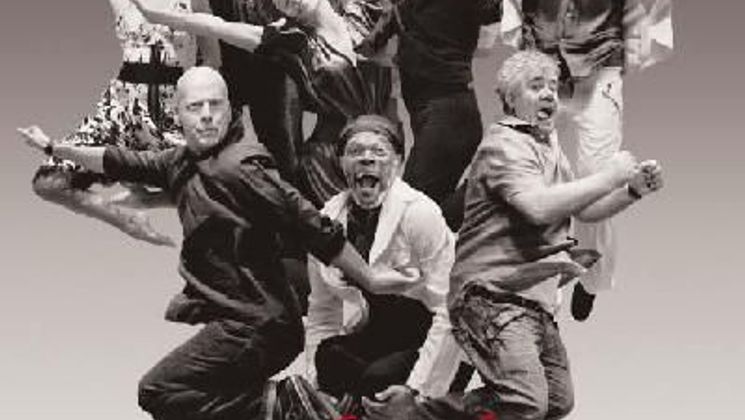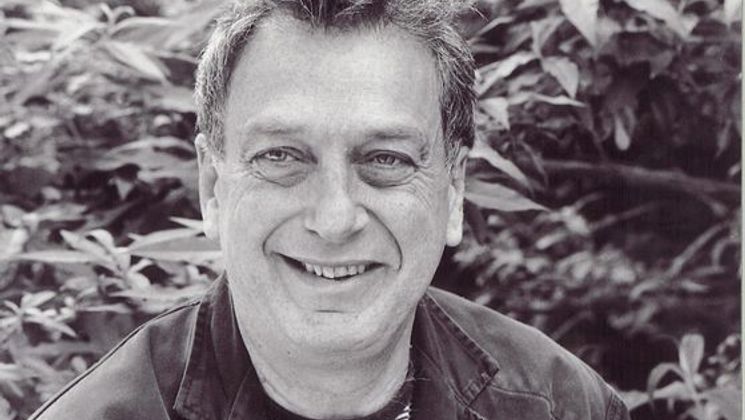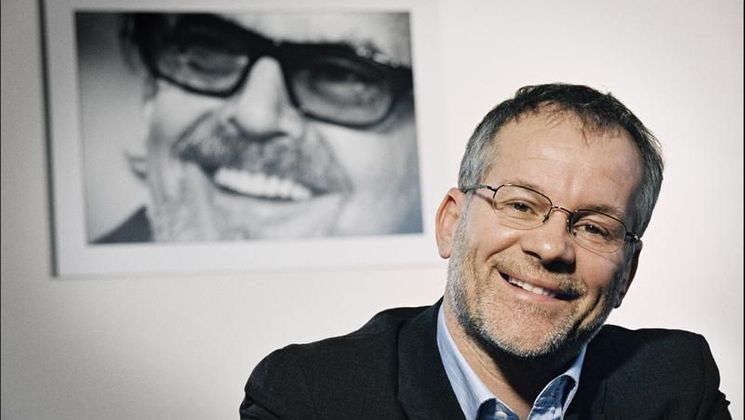
Press Conference: “Les Chansons d’Amour” (Love Songs)

The press conference for the Competition feature, Les Chansons d’Amour (Love Songs), was attended by the director Christophe Honoré, actors Louis Garrel, Ludivine
Sagnier, Clothilde Hesme, Chiara Mastroianni and Grégoire Leprince-Ringuet, singer-composer Alex Beaupain, and producer Paulo Branco. Excerpts follow.
On the origins of the project:
Christophe Honoré: “I’ve known Alex ever since he was a young man and we’ve had parallel artistic careers – he in songs, me in the cinema. We both like
musicals. And I love Jacques Demy’s films. And when Dans Paris (Inside Paris) came out, we both thought that this was an opportunity to try to have a modern-type musical
that was different, in our style, using Alex’s songs, and that’s how we started.”
Alex Beaupain: “I was a little bit afraid because the project he talked to me about in September was to start shooting in January, but I’m rather used to this with Christophe. I
thought it was a very interesting project and I was enthusiastic about all of these songs. Some of them I had already sung on my first album, but to get actors and actresses to sing them, and to
re-write some of them to fit the screenplay I was offered, I found it very exciting.”
Alex Beaupain on directing the actors: “I just got them to sing the songs and to sing with the right rhythm and they all knew how to do this. As for the direction, it’s Christophe
who did this. It wasn’t very simple sometimes because I was thinking about the songs and he was thinking about bringing the story to life, so sometimes there were a few frictions during the
recording, but we really complemented each other.”
Christophe Honoré on the romanticism of the film: “This is the main idea of the film. These are characters, which are very romantic, each romantic in their own way, but they were
all unable to express their feelings to other people. So the songs were the opportunity to express their feelings. I had never dealt with love in my films before. I’ve made films which
avoided love feelings. I was afraid of feeling sloppy or mocking. As in life, it is sometimes difficult to be in love and to be with other people in love and so these songs allowed us to achieve
a kind of lyricism and deal with the emotions, but standing back as well.”
Christophe Honoré on the concept of the neo-New Wave: “I’m not a child of the New Wave; I don’t have an inheritance like these filmmakers in the early eighties, but I
think those films have a kind of link with the New Wave because we’re in a similar situation today. There’s a return to academic cinema as there was in the 1950s and to artistic
cinema now. People are talking about the difficulty of making artistic films, and how artists can get around the laws of the market by shooting with people they know and like, with very personal
subjects, by making films very quickly to highlight a certain grace and desire, with a certain academic style. It’s more the way of making a film the way that New Wave filmmakers did.
It’s not just esthetic; it’s also an economic choice… I like a certain degree of impatience and I want to get people together… And this idea of pooling ideas and resources is
the lesson of the New Wave.”
Christophe Honoré on references to Jean Eustache: “I would say that what I have understood from Eustache is that a film is above all a form of language. I mistrust the arcane
nature of screenplays. I don’t like climaxes; I don’t like films that are too formatted. More and more, I believe in the strength of dialogue. When the dialogue is a way of asserting
a language in the film, it’s important. So in this film, there’s definitely work on the language. When you move from language to songs, it’s a really harmonious moment. Alex and
his songs had a kind of poetry expressed through metaphor, and if I had combined them with very naturalistic dialogues, the transition would have failed.”
Louis Garrel on the difficulty of singing: “It was such a constraint to sing; it was the most difficult thing to do. You have to abandon your body as it were when you sing. You’re
concentrating so hard on your voice, you don’t realize what you’re doing. And when I was singing, when I was acting, I allowed myself to do whatever I wanted.”
Photo copyright Bertille Blard-Quintard


